Vapor Barrier Sealing
klhicks
17 years ago
Related Stories
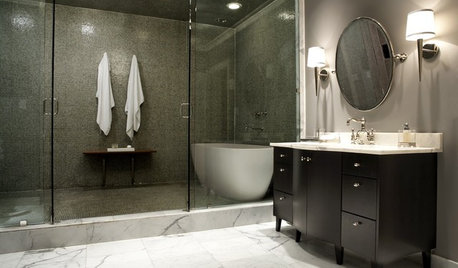
BATHROOM DESIGNHow to Choose Tile for a Steam Shower
In steamy quarters, tile needs to stand up to all that water and vapor in style. Here's how to get it right the first time
Full Story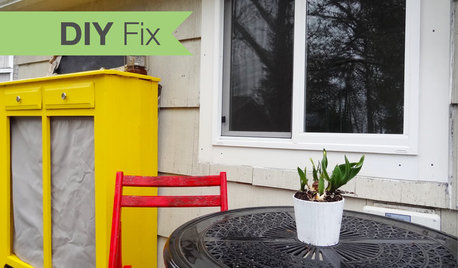
Replace Your Windows and Save Money — a How-to Guide
Reduce drafts to lower heating bills by swapping out old panes for new, in this DIY project for handy homeowners
Full Story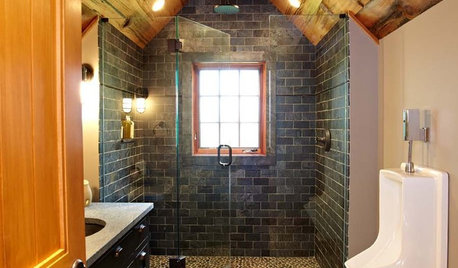
BATHROOM DESIGNWood in the Bathroom? Absolutely!
Wet places and wood can be a match made in design heaven — see great examples and get tips for sealing and installing bathroom wood here
Full Story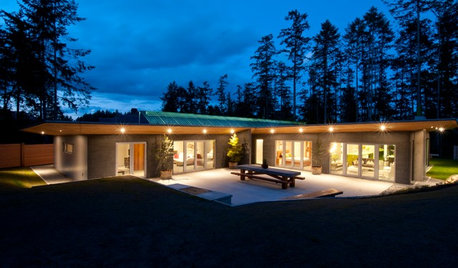
GREEN BUILDINGHouzz Tour: See a Concrete House With a $0 Energy Bill
Passive House principles and universal design elements result in a home that’ll work efficiently for the long haul
Full Story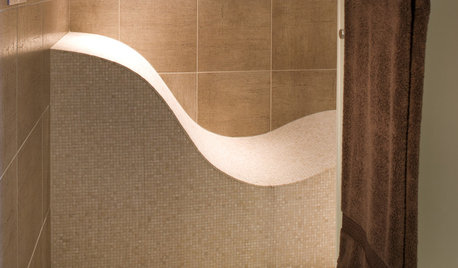
REMODELING GUIDESTop 10 Tips for Choosing Shower Tile
Slip resistance, curves and even the mineral content of your water all affect which tile is best for your shower
Full Story
HEALTHY HOMEGet Cleaner Indoor Air Without Opening a Window
Mechanical ventilation can actually be better for your home than the natural kind. Find out the whys and hows here
Full Story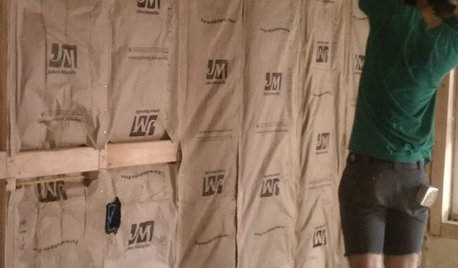
REMODELING GUIDESCool Your House (and Costs) With the Right Insulation
Insulation offers one of the best paybacks on your investment in your house. Here are some types to discuss with your contractor
Full Story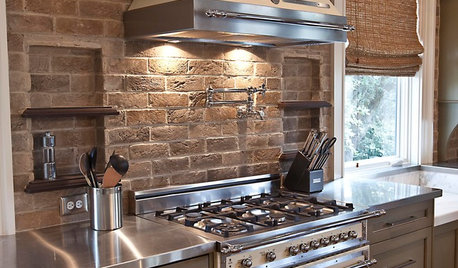
KITCHEN DESIGNYes, You Can Use Brick in the Kitchen
Quell your fears of cooking splashes, cleaning nightmares and dust with these tips from the pros
Full Story
GREEN BUILDINGInsulation Basics: Heat, R-Value and the Building Envelope
Learn how heat moves through a home and the materials that can stop it, to make sure your insulation is as effective as you think
Full Story
BASEMENTSBasement of the Week: Fun for All Ages in Connecticut
Crafts, wine, billiards and ... soccer? Yup, this tricked-out family basement has room for all that and more
Full StoryMore Discussions






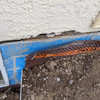


klhicksOriginal Author
formulaross
Related Professionals
Manalapan General Contractors · Tabernacle General Contractors · Williston General Contractors · Clinton Township Interior Designers & Decorators · Hercules Interior Designers & Decorators · Bayshore Gardens Architects & Building Designers · Providence Architects & Building Designers · Washington Architects & Building Designers · Albuquerque Flooring Contractors · Aurora Flooring Contractors · Carlsbad Flooring Contractors · Pearland Flooring Contractors · Pepper Pike Flooring Contractors · San Tan Valley Flooring Contractors · The Crossings Flooring Contractors